Buy Kerendia (finerenone) Online
From $577.00
Kerendia is the brand name for the medication with the active ingredient finerenone. It is a prescription medication used to treat chronic kidney disease (CKD) in adults with type 2 diabetes.
Kerendia is the brand name for the medication with the active ingredient finerenone. It is a prescription medication used to treat chronic kidney disease (CKD) in adults with type 2 diabetes. Chronic kidney disease is a condition characterized by the gradual loss of kidney function over time, and it is a common complication in individuals with diabetes.
Here is a general description of Kerendia (finerenone):
Active Ingredient: Finerenone
Indication: Kerendia is indicated for the treatment of chronic kidney disease (CKD) in adult patients with type 2 diabetes mellitus and albuminuria (excessive amounts of protein in the urine).
Mechanism of Action: Finerenone is a non-steroidal, selective mineralocorticoid receptor antagonist. It works by blocking the effects of aldosterone, a hormone that can lead to kidney damage and fluid retention when overactive. By reducing the effects of aldosterone, finerenone helps to protect the kidneys and reduce proteinuria (the presence of excess protein in the urine).
Administration: Kerendia is typically taken orally in the form of tablets. The specific dosage and administration instructions will be determined by a healthcare provider based on the patient’s individual needs.
Dosage: The recommended dosage may vary depending on the patient’s condition and response to treatment.
Efficacy: Clinical trials have demonstrated that finerenone can slow the progression of chronic kidney disease in patients with type 2 diabetes and reduce the risk of cardiovascular events associated with CKD.
Common Side Effects: Common side effects may include hyperkalemia (elevated potassium levels in the blood), particularly in patients with kidney impairment, as well as fluid retention and elevated blood urea nitrogen. These side effects should be closely monitored by a healthcare provider.
Precautions: Kerendia should be used under the supervision of a healthcare professional and is not intended to treat acute conditions. Patients should inform their healthcare provider of any other medications they are taking and any underlying medical conditions, especially those related to kidney function and potassium levels.
It is crucial for individuals with type 2 diabetes and chronic kidney disease to discuss the potential benefits, risks, and side effects of Kerendia with their healthcare provider. This medication should be used as part of a comprehensive treatment plan, which may include lifestyle changes and other medications. Patients should closely follow their healthcare provider’s guidance for the best results and to manage potential side effects.
| Package | 30 tablets of 20 mg, 90 tablets of 10 mg, 90 tablets of 20 mg |
|---|
Be the first to review “Buy Kerendia (finerenone) Online” Cancel reply
Related products
Endocrinology
Endocrinology
Endocrinology
Endocrinology
Endocrinology
Endocrinology
Endocrinology
Endocrinology


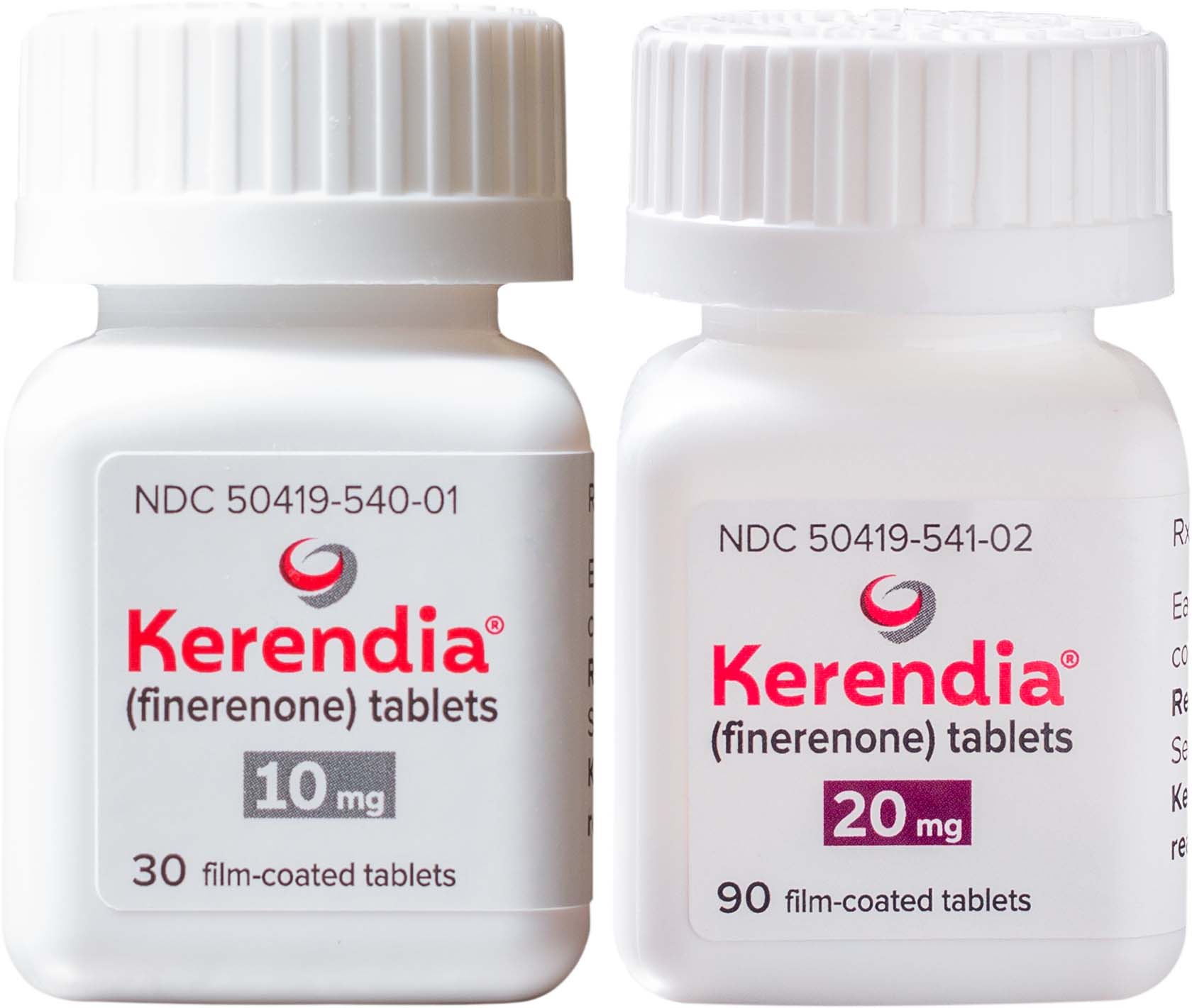


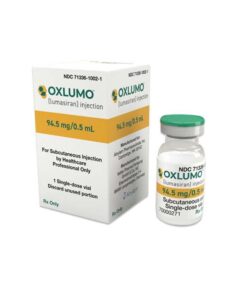
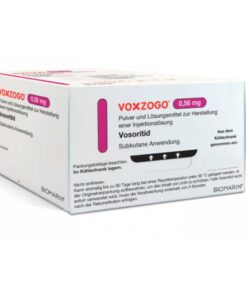
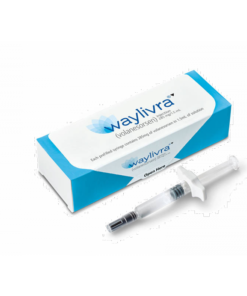

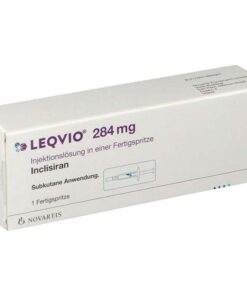
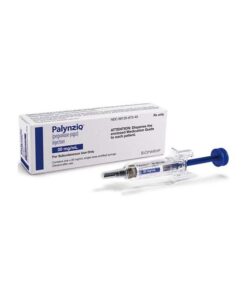
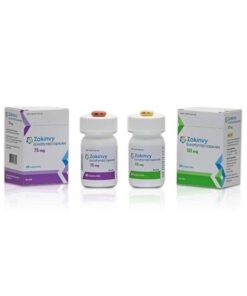

Reviews
There are no reviews yet.